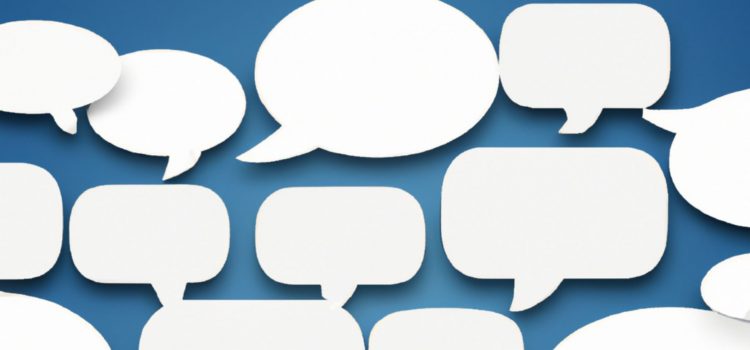Do you want to learn how to accept reality and be happy? What does it take to be happy with how things are? Learning how to accept reality and be happy requires an objective perspective paired with self-compassion. Looking at your life this way can help you be more content regardless of your circumstances. Keep reading to learn how to become more comfortable accepting reality.
How to Accept Reality and Be Happy Through Self-Compassion










